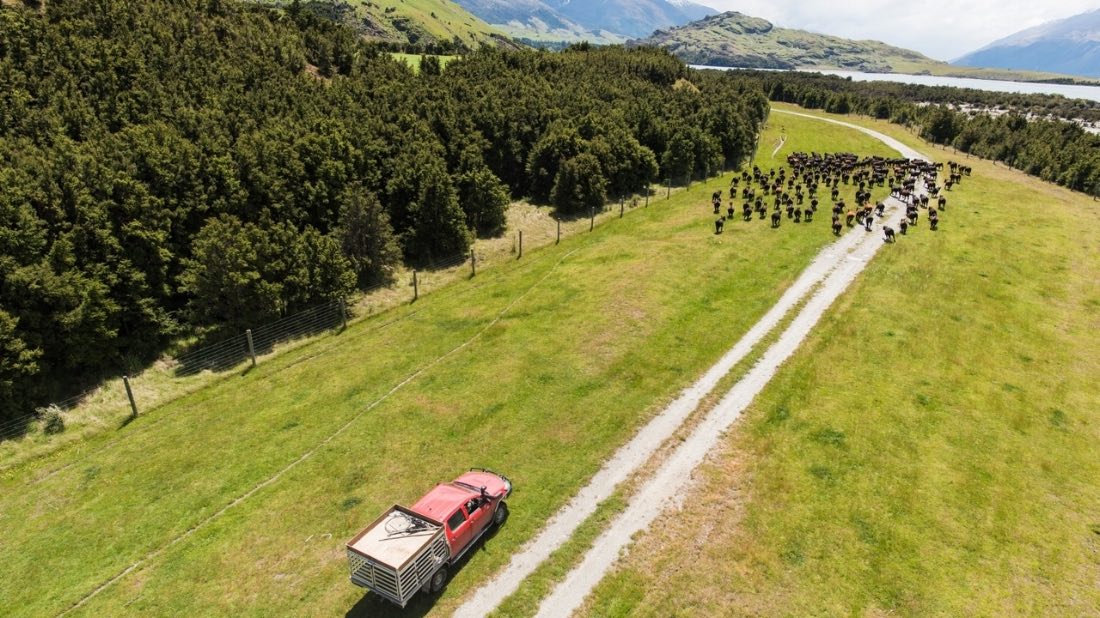The Future of Food
24th August 2017
Looking 30 Years into the Future
Where will our food come from? Demographics and geography make this an increasingly difficult question to answer.
The world's population has exploded in the last two centuries, from one billion to the current figure of more than seven billion. Although the rate of increase is slowing, the absolute numbers are still sobering: the UN expects the number of people on this planet to surpass nine billion by 2050.
By then, we will need 50% more food than we do now. The current food production system cannot meet this demand in a sustainable way. Not only is there little spare arable land, developed nations are projected to actually lose 50 million hectares in the next three decades. That’s enough farmland to cover all of Spain.
The consequences are stark. Ninety per cent of the required increase in crop production would need to come from improved yields and more intensive use of land. The resulting effects on freshwater supply and greenhouse gas emissions will be similarly drastic.
Focus on Fisheries
If we are to arrest the deterioration of our natural environment, the reliance on agriculture cannot continue. The alternative lies in the oceans, which cover two-thirds of the earth’s surface. Sourcing proteins from the sea is more efficient than terrestrial methods and releases less greenhouse gases. And the beauty is that fish stocks are a renewable resource... if we manage them sensibly.
However this is not happening in many parts of the world. Witness the catastrophic decline in catches in Europe, North America and Africa. Closer to Hong Kong, over-fishing in the South China Sea has resulted in fish stocks being reduced by 70-95% compared with the 1950s.
Much of the reason is due to a lack of oversight by governments. Where national maritime regulation has been applied rigorously, the results have been astounding. New Zealand has led the way with its strict quota system, which has led to a flourishing fishing industry, as well as healthy fish stocks.
In principle, aquaculture should also offer a solution. But as always, the devil is in the details. Just as with bad management of wild fisheries, bad fish-farming practices can have serious detrimental effects.
That's not to say the situation is hopeless; far from it. However, the point is any solution must be carefully considered, given the scale and complexity of the problem.

